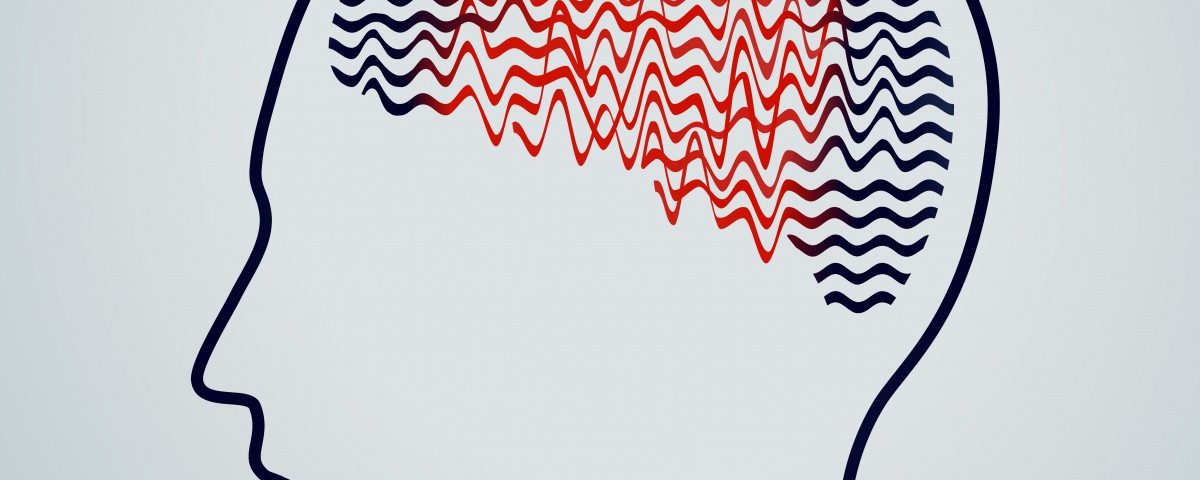Better ways of preventing epilepsy in people who have suffered traumatic brain injuries (TBIs) is the goal to the initiative funded by a $21 million grant from the National Institutes of Health (NIH).
The research initiative, “The Epilepsy Bioinformatics Study for Antiepileptogenic Therapy, or EpiBioS4Rx,” will be conducted by seven principal investigators, at five institutions in the U.S., Australia and Finland, who will work together in fields that include health sciences, cellular pathology, molecular biology, bioinformatics and therapy discovery.
A network of 13 expert TBI centers and seven preclinical research centers will also assist in the project.
The goal is to identify biomarkers associated with epileptogenesis (the development of epilepsy) and come up with innovative therapeutic approaches to prevent or alter the onset of epileptic seizuers
Researchers will work with patients and patients’ families to identify their most urgent needs and unanswered questions, while encouraging them to participate in research efforts and help them get the necessary education and information.
“Spontaneous seizures are a major side effect of brain injuries. With its diverse team of international experts, EpiBioS4Rx is one of three Epilepsy Centers without Walls which the National Institutes of Health funds to tackle some of the biggest hurdles in epilepsy research,” Randall Stewart, PhD, NIH’s National Institute of Neurological Disorders and Stroke (NINDS) program director, said in a press release. “The hope is that work by the researchers will lead to better ways to treat and prevent these types of seizures.”
According to the Centers for Disease Control and Prevention (CDC), there are about 2.9 million adults and children in the United States with active epilepsy. It is estimated that TBIs are the most significant cause of epilepsy in people aged 15 to 24.
Brain damage or brain injury occurs when the brain cells known as neurons are destroyed, by either internal or external mechanisms. When the damage is related to an external physical trauma, the term traumatic brain injury (TBI) is used.
Motor vehicle accidents, firearms, falls, sports, and physical violence are the leading causes of TBI with significant disability and mortality rates.
The research institutions leading the study are the Albert Einstein College of Medicine, the David Geffen School of Medicine at UCLA, the Keck School of Medicine at the University of Southern California, the University of Melbourne and the University of Eastern Finland.


